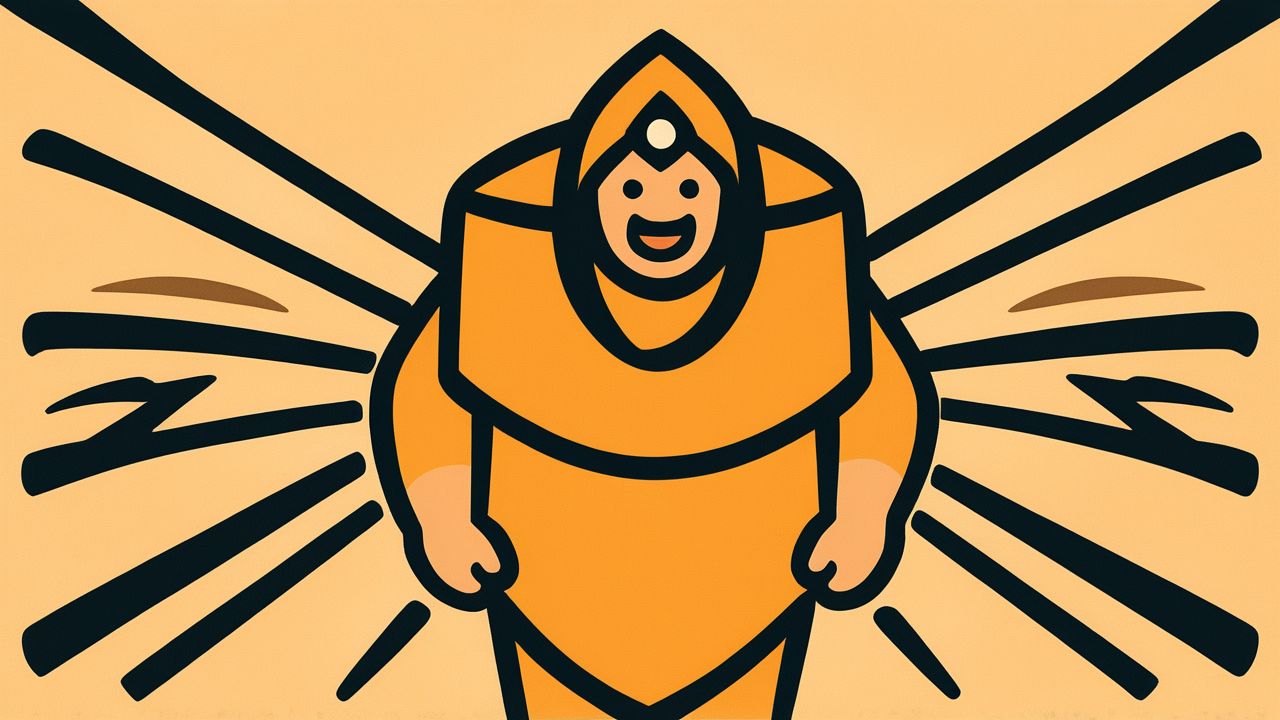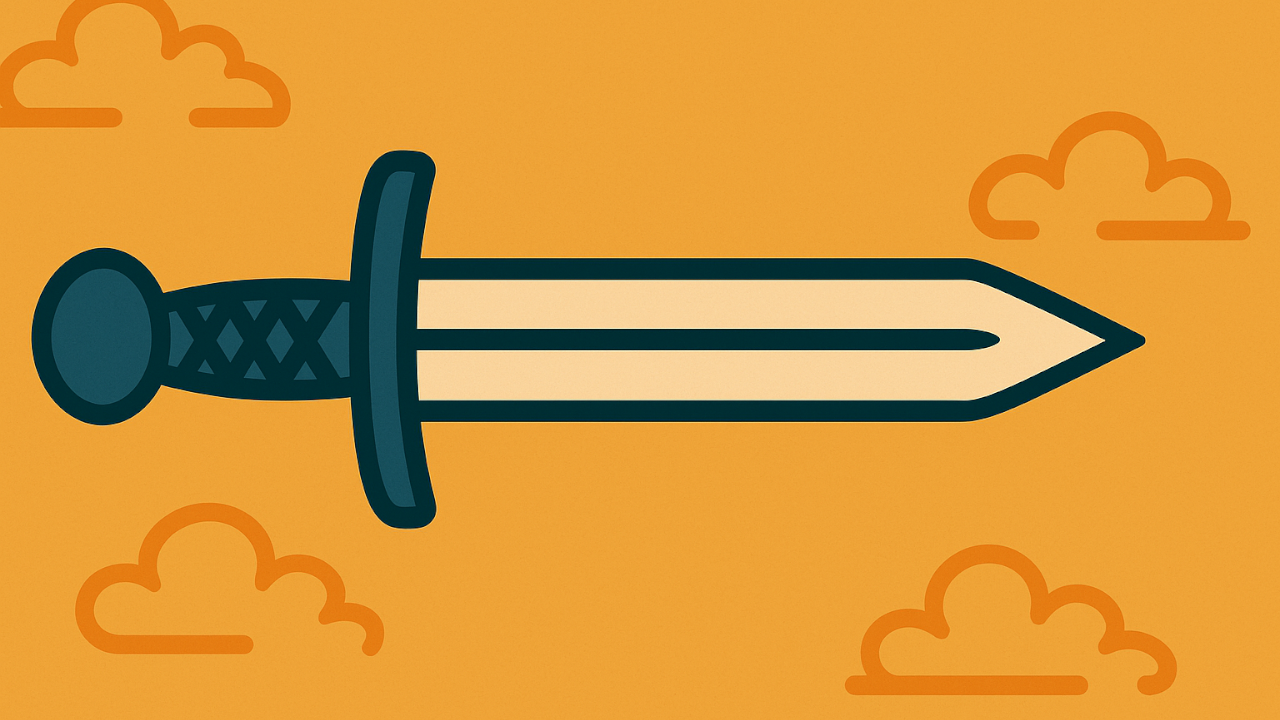How to Read “鬼神に横道なし”
Kishin ni yokomichi nashi
Meaning of “鬼神に横道なし”
“Demons and gods have no crooked path” means that truly righteous and admirable people have absolutely no evil intentions or unjust actions.
The “demons and gods” referred to here indicate sacred and perfect beings that transcend humanity, and by extension, represent people of high virtue or saint-like figures. “Crooked path” means an evil path that deviates from the righteous way, namely injustice, wrongdoing, and acts driven by selfish desires.
This proverb is used when evaluating truly excellent people or leaders. It expresses the idea that such people, regardless of the situation, are never swayed by personal feelings, always make fair and correct judgments, and act with integrity and purity.
Even today, it is sometimes used when speaking about people in positions of authority such as politicians, business executives, and educators. This proverb illustrates the ideal human figure, showing that true leadership means having the strong will and character to prioritize public interest over personal gain and continue walking the righteous path despite any temptations.
Origin and Etymology
Tracing the origins of “Demons and gods have no crooked path” leads us to ancient Chinese thought. This expression is believed to have originated from the concept of “demons and gods” found in Chinese classics.
In ancient China, “demons and gods” were objects of reverence as beings that transcended humanity. They were considered to embody absolute justice and fairness, believed to always walk the righteous path without being influenced by personal feelings or evil thoughts. “Crooked path” refers to an evil path that deviates from righteousness, namely injustice and wrongdoing.
This philosophy was transmitted to Japan and, while also influenced by Buddhism and Shintoism, became established as a uniquely Japanese proverb. Similar expressions can be found in literature from the Heian period onward, showing that it had been deeply rooted in Japanese moral concepts since quite ancient times.
During the Edo period, it became connected with the spirit of bushido and was widely used to mean “righteous people have no evil intentions.” It was particularly valued when evaluating people of character or high virtue, serving as an expression of their integrity and purity. This proverb embodies the Japanese people’s long-held admiration for “purity” and strong belief in justice.
Usage Examples
- That principal truly exemplified “demons and gods have no crooked path” – he never considered his own interests when it came to his students
- A business leader like him could truly be called “demons and gods have no crooked path,” as he puts employee happiness before company profits
Modern Interpretation
In modern society, the ideal of “Demons and gods have no crooked path” has become more important than ever. In the information age, all actions are recorded and instantly spread through social media. Political scandals, corporate fraud, celebrity affairs – acts that deviate to the “crooked path” have become difficult to hide.
However, this high level of transparency has also created new challenges. Social pressure demanding perfect character sometimes becomes excessive, condemning even minor failures or human-like weaknesses as “crooked paths.” The true meaning of “Demons and gods have no crooked path” is not about being flawless, but about having consistency in fundamental values and principles of action.
In modern leadership theory, this concept is valued as “integrity.” Precisely because we live in an era where AI and data analysis support decision-making, the moral foundation of humans who make final judgments is being questioned.
Due to technological advancement, we face more choices and temptations than ever before. Perhaps this is why modern people need the strength to find their own “righteous path” and persevere in following it.
When AI Hears This
Japanese culture holds a unique value that “the truly strong walk the righteous path.” This is the complete opposite of the Western idea that “might makes right.”
What’s fascinating about “oni-shin ni yokomichi nashi” (demons and gods do not take crooked paths) is how it portrays terrifying supernatural beings as symbols of moral perfection. In other words, there’s a paradoxical logic at work: those who possess true power don’t resort to underhanded methods.
For example, in manga and anime, we often see the setting where “the strongest characters don’t use cowardly tactics.” This stems from the cultural background where Japanese people equate “genuine strength” with “moral righteousness.”
In the West, ideas like “Machiavellianism” – “the ends justify the means” – have gained a certain level of acceptance. However, in Japan, those who use crooked methods tend to be viewed as “actually weak, which is why they rely on underhanded ways.”
This value system also appears in bushido. Samurai were required to balance both strength and dignity. Even today, there’s a tendency to consider it more virtuous for athletes to “fight fair and square” rather than “do whatever it takes to win.”
In essence, Japanese culture has established a unique definition of strength where true power is inseparable from moral completeness, and underhanded methods are actually proof of weakness.
Lessons for Today
What “Demons and gods have no crooked path” teaches us today is not the importance of perfection, but the importance of consistency. Everyone makes mistakes and lives while struggling with doubts. What matters is having your own values and continuing to act according to them.
In modern society, we tend to be swayed by short-term profits and others’ evaluations. However, truly trustworthy people are those who don’t bend their beliefs even in difficult situations. This is different from stubbornness. What’s required is a sense of balance – maintaining flexibility while keeping core values unwavering.
You too can walk the “righteous path” through small daily choices. Not lying, keeping promises, helping people in trouble. By accumulating such ordinary things, you can become someone trusted by others as “a person with no crooked path.”
You don’t need to be perfect. Simply continuing to be sincere may be the modern version of “demons and gods have no crooked path.”



Comments